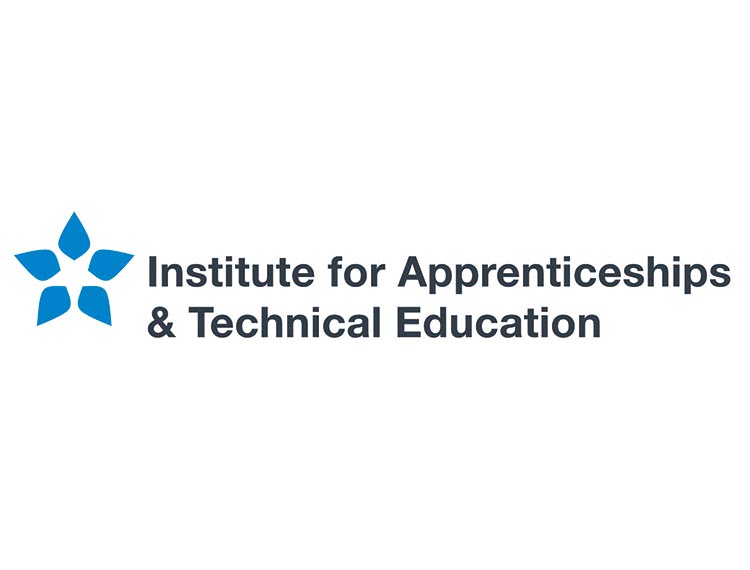What are T Levels?

1. What are T Levels?
T Levels are new, two-year, technical study programmes, designed with employers to give young people the skills that industry needs. They will provide a mixture of:
- Technical knowledge and skills specific to their chosen industry or occupation
- An industry placement of at least 45 days in their chosen industry or occupation
- Relevant maths, English and digital skills.
T Levels will become one of three major options for students to study at level 3, alongside apprenticeships for those who wish to study and train for a specific occupation ‘on the job’, and A levels for students who wish to continue academic education.
Within the 15 technical routes set up by the Sainsbury Review, 11 have T Levels planned, with each route expected to have 1-3 T Levels within it.
2. How do they work?
A T Level is split into three main sections:
- Firstly, the Technical Qualification (TQ)is the main, classroom-based element. This is where students learn about their chosen sectors through a curriculum designed by employers.
- The Industry Placement runs for a minimum of 45 days overall and will give students practical insights into their sector and an opportunity to embed the knowledge and skills learned in the classroom.
- English, maths & digitalprovision is also built into the classroom-based element of the T Level, meaning students will be given a solid foundation of transferable skills. By the end of the programme, students will need to have achieved L2 English and Maths (Grade 4).
3. Why do we need T Levels?
Within the post-16 market, there are over 13,000 vocational, technical and academic courses available.
The independent review of technical education conducted by a panel led by Lord Sainsbury in 2016 outlined the ways in which we can simplify and improve the choices available to young people. The Government chose to adopt these recommendations in full, through publication of the Skills Plan in 2017.
Reforming technical education will help meet the needs of our growing and rapidly changing economy, by raising the prestige of technical education so that it is sought-after by students, and so that employers recognise and value the skills and experience that it provides.
Together, T Levels and apprenticeships will provide a reformed, comprehensive and high-quality technical option.
4. When are they going to start?
T Levels are being rolled out from 2020. We have finalised our outline content for the first three T Levels.
Three additional pathways, set September 2021, have also seen their outline content put out for consultation. This window closed on November 12th, and the Institute is now assessing the responses.












Responses